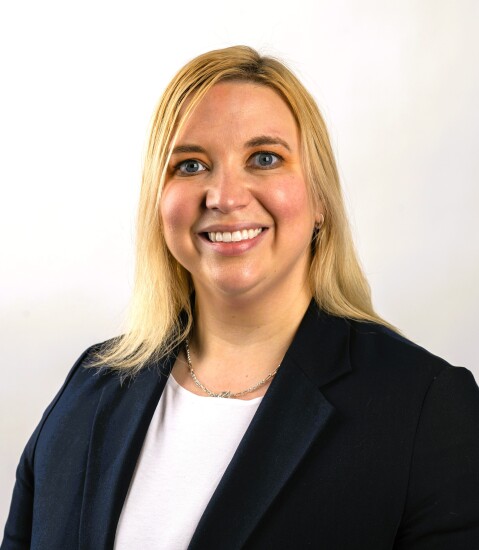Financial advisor David Tenerelli believes that money on its own doesn't have values, but
Several years ago, he noticed that his own investing contributed to an image of the world he didn't like.
"Money can be either a force for positive change — for repairing our relationships with each other, for repairing our relationships with the natural world — or it can be a tool of extraction, exploitation, enriching a few while creating suffering for many," said Tenerelli, a certified financial planner at fee-only RIA
"I was asking myself,
Tenerelli found guidance, and a
READ MORE:
The CSRIC professional designation for sustainable, responsible and impact investing (SRI), first launched in October 2018, is one of the younger certifications in an industry where the certified financial planner designation

The designation is overseen by the College for Financial Planning (a Kaplan company) and developed in partnership with US SIF, The Forum for Sustainable and Responsible Investment. CSRIC trains financial advisors to advise clients on socially responsible and impact investing, according to Jennifer Coombs, who created the original course for Kaplan and has instructed for it and updated the curriculum several times over the years.
Coombs is currently an adjunct professor at the Centennial, Colorado-based College for Financial Planning at Kaplan, and the director of client success for Ethos ESG, which is part of ACA Group.
"A chunk of advisors in the financial services industry are dedicated to this space exclusively, which is really wonderful," Coombs said in an interview.
Below, Financial Planning presents a brief guide to the CSRIC. And check out our guides to these other designations:
CRPC (chartered retirement planning counselor) CPWA (certified private wealth advisor) CDFA (certified divorce financial analyst)







